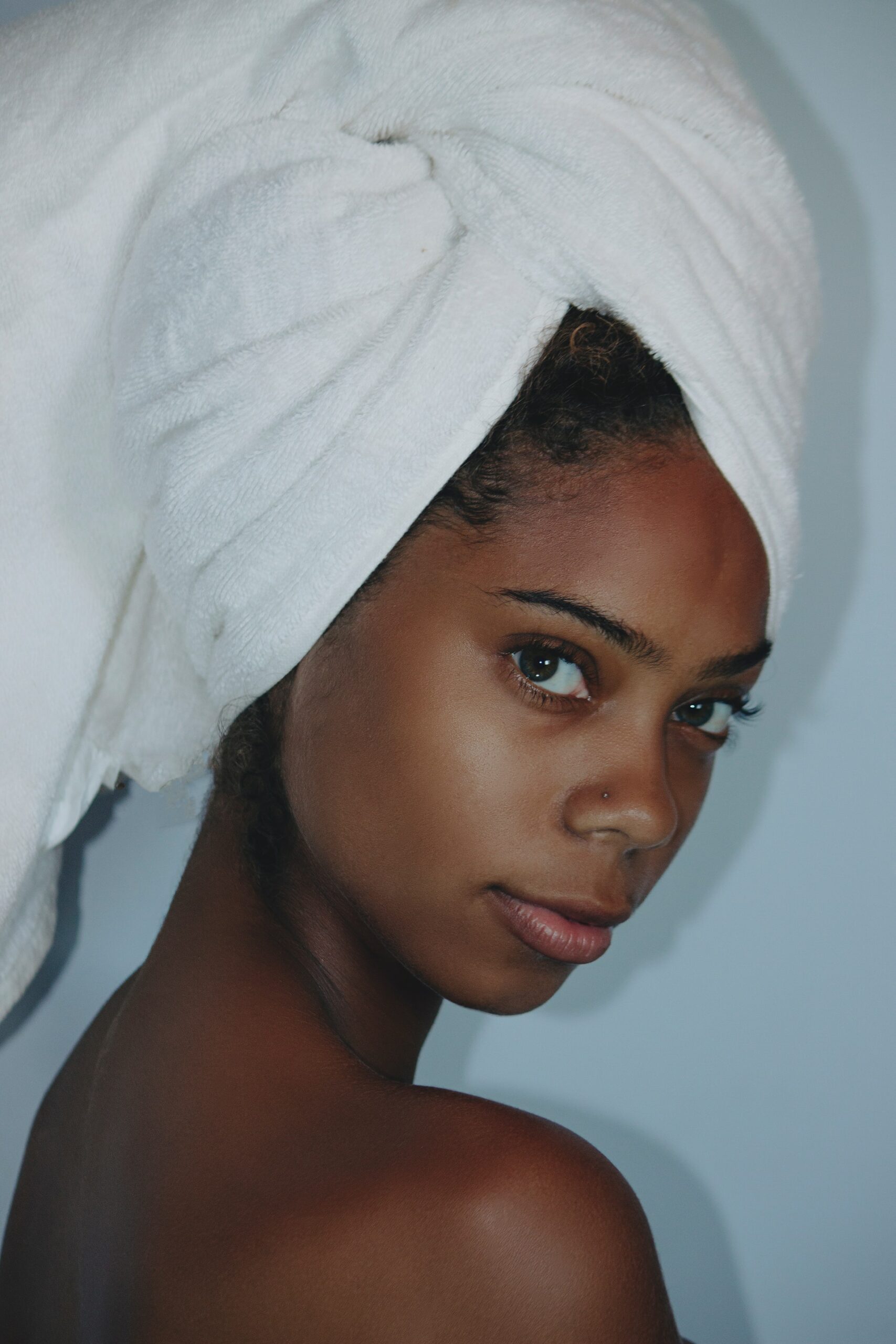
Black skin type: how to determine it
You are struggling to find the right skincare product because you don’t know what your skin type is? Here is a test that will help you determine your skin type:
Different skin types
Before knowing your skin type, it’s important to know what they are. There are 4 different skin types.
- Normal skin
A normal skin is used to describe a balanced skin. The T zone (forehead, chin and nose) may be slightly oily, but the sebum and moisture balance is generally not altered. The skin is neither too oily nor too dry.
- Dry skin
Dry skin produces less sebum than normal skin. This type of skin doesn’t have enough lipid to retain moisture and build a protective barrier against external aggressions.
- Combination skin
A combination skin has a change of skin types on the cheeks and T-zone.
- Oily Skin
This type of skin has a increased level of sebum production. This overproduction is called seborrhea.
What type of skin do I have?
Here is how to find out your skin type:
1. The morning after waking up, I wash my face with my usual cleanser, fingertips, without rubbing.
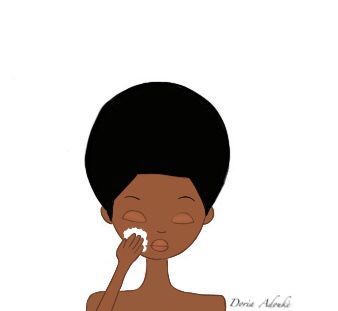
2. I rinse with lukewarm water, neither too hot nor too cold, I wipe dabbing without rubbing
3. I do not put moisturizer or cream.
4. After an hour, I apply a paper towel on the entire face.
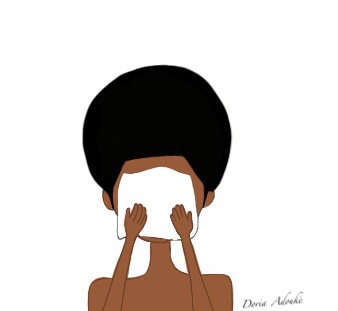
I observe net fat trademarks appear throughout the towel. My pores are dilated above the middle zone (nose, forehead, chin). I have some spots occasionally when I’m tired or during menstruation. ► My skin does not pull. My skin is oily.
I feel uncomfortable and my skin feels tight. My skin is oily and dehydrated. Net fat trademarks only appear on the middle zone (forehead, nose, chin). My pores are barely visible on her cheeks, visible on the middle. ► My skin is mixed.
My pores are dilated over entire face. I have spots on a regular basis. ► My skin is oily with acne-prone.
Net fat trademarks appear lightly on the entire towel. My pores are tight, barely visible across the face. ► My skin is normal.
There are no traces of fat. I feel uncomfortable, my skin feels tight. My pores are tight, barely visible across the face. ► My skin is dry.
If irritation, buttons, friction produces dark spots. ► My skin tends to hyperpigmented.
GENERALLY: Black women tend to have oily skin but there are exceptions. For women, facials need to change according to the time of the year.
The skin is very sensitive to external factors such as seasons, food or the type of climate. It is difficult to define a single type of skin per person. Indeed, a woman with oily skin may also have sensitive skin, while a woman with dry skin can be prone to acnea. Similarly, the skin may be dry on one part of the face and oily in others.
Our skin type test
Your skin type is that for which you have received the most positive responses. Normal to Oily Skin: Your skin is it prone to pimples, blackheads and / or white spots? Do you have enlarged pores? Have your face shiny, particularly on the median zone (forehead / nose / chin), after waking up? Your foundation he tends not to take / dissipate after a few hours?
NORMAL TO DRY SKIN Have your skin tingle or tugs, especially after cleansing or facial cleansing? Do you have rough skin, which peels off, peeling or redness present, areas uncomfortable? Have you had acne as a teenager? Your skin is it sensitive to sun, wind and / or cold? Your complexion is it dull?
COMBINATION SKIN Do you have dry cheeks while the middle zone (forehead / nose / chin) is rather oily or prone to breakouts? Do you have oily skin or prone to buttons at the contours of the face, but dry in other parts of the face? The products are suitable for a part of your face, they are also adapted to other parts of your face? SKIN hyperpigmented Do you have dark spots persist after small imperfections, pimples or a rash? Freckles do they appear when exposed to sunlight? Your skin. Did moles dark? PROVIDE checkboxes ► If more than 3 boxes ticked type of skin type ► If less than 3 cases in each type of combination skin
Q&A
Your skin type can change over time due to environmental factors, age, hormones and other health-related issues
The T zone is the term used to describe the forehead, chin and nose.
You can find out if your black skin is sensitive in different ways:
If you skin is reactive to soap, detergents, fragrance, perfumes, skincare or household products, and it causes itchiness, dryness or reddening, this may be a sign that your skin is sensitive.
If you often develop rashes after using a product on your skin such as facial skin. You skin can look red, flaky or bumpy. But it can also be a sign of allergic reaction.
If you tend you have breakout that look like acne


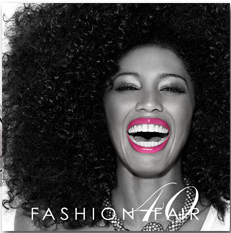
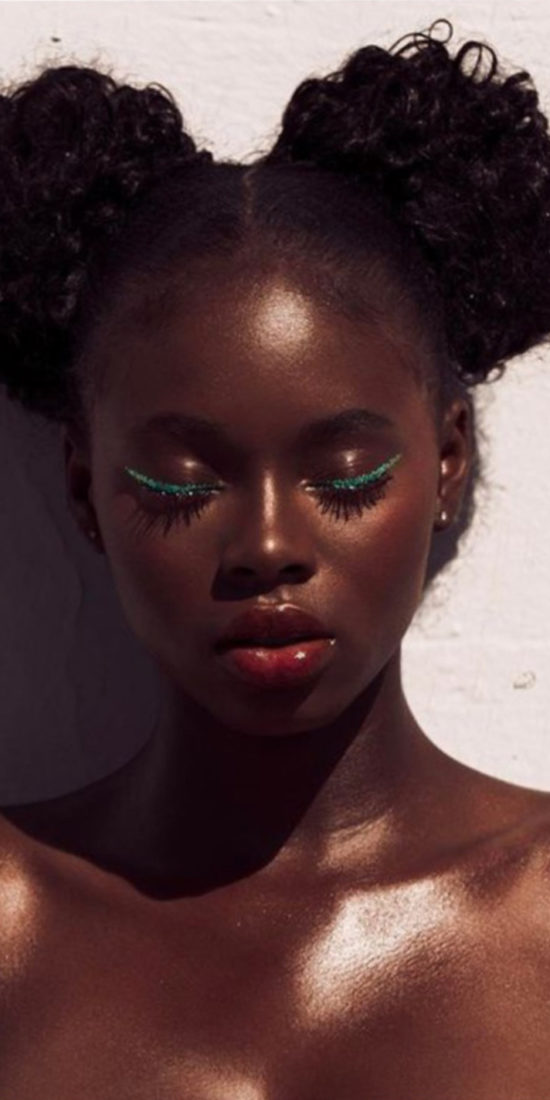
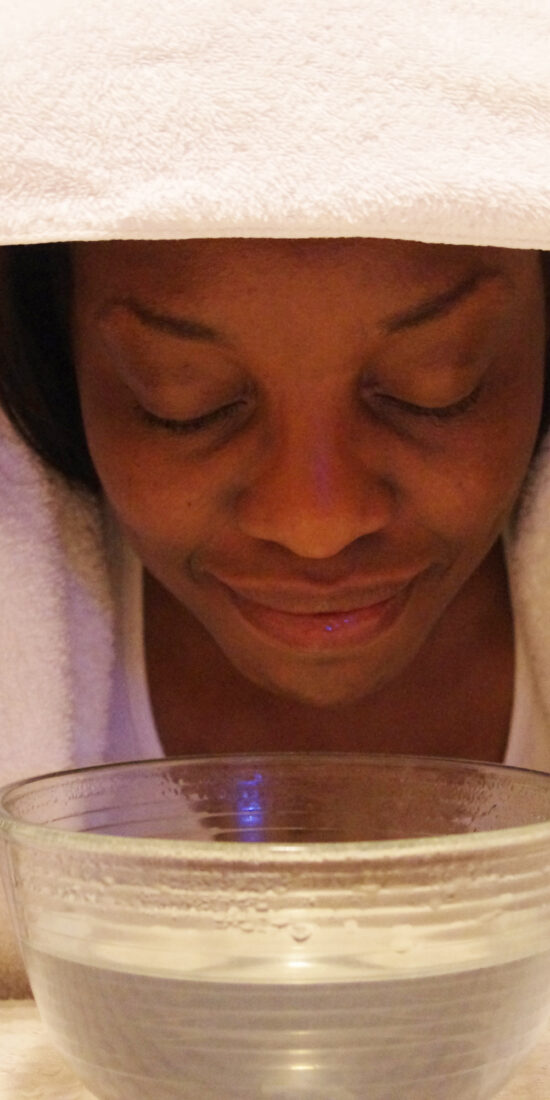
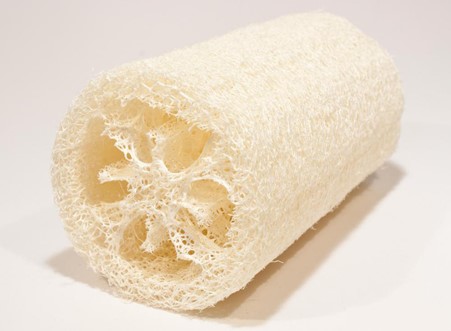
Moriah Kimmiko Crosswrighr
I have a mix of both dry and oily, but I can SAy, my FACE ON normal, cool DAYS, IT’S shiny, and NEVER itchy.
but the median ZONE, MAINLY my forehead, is ENTIRELY DIFFERENT, it has these small white bumps, never pimples or black beads, looks and definitely feels dry, but not to where THE skin peels, itches, or feels tight/pulling.
on my chin and around my lips, have black heads, AND I white bumps, THIS includes both corners of my mouth.
my nose, mainly the arch/line of my nose just has these small BUMPS, I’m not sure what THEY’RE called, they dont have the white bumps protruding out, nor black heads or pimples, but the ones actually on my nostrils, have black heads.
my cheecks also always have the white, and plain bumps.
the face wash i USe, at LEAST once or twice a day (it isn’t consistent) is CALLED “Cetaphil daily CLEANER, NORMAL to oily skin”
thank you so much, have good night.